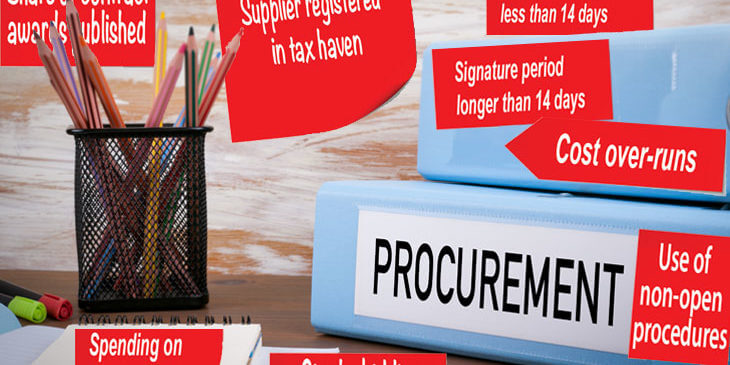No company wants to believe they could be the victim of financial fraud, especially from an inside source. But it happens all too often.
Ignoring the possibility won’t make it go away. However, preparing for prevention and detection of fraud will move you much closer to eliminating the problem or at least catching it in the early stages. If you suspect that your company may be dealing with internal or external fraud, now may be the time to seek a forensic audit of your company’s financial affairs.
But how do you know if you actually need a forensic audit? Below are a few of the signs that may indicate you need forensic accounting services.
Signs You Need Forensic Accounting Services
Internal Control Issues
By this, we don’t just mean someone that is a micro-manager (albeit, that’s not healthy either). These control issues manifest primarily around financial decisions and issues, but come out in an uncommon concern, control or manipulation of the company’s finances. Often, it may be communicated that the motivation is deep concern for the company’s well-being. But in many cases, a further examination can reveal ulterior motives.
Odd Work Habits
While those that work long and hard hours may be respected in many corporate cultures, it’s important to understand that workaholics can often have other reasons for keeping late working hours. If you have an employee that refuses to take a vacation, works long into the evening or comes in on the weekend when the office is empty, give extra scrutiny to that individual’s actions and accounts.
Personal Financial Stress
Unfortunately, difficult life situations can push people to desperate measures. Internal fraud can often be triggered by a personal financial loss such as divorce, bankruptcy or medical bills.
No Accountability
If the person that reconciles your bank statements is also the individual signing checks, you may want to get a forensic audit simply to ensure complete transparency.
Multiple Bank Accounts
Some businesses require various bank accounts for different business functions; however, multiple accounts make fraudulent movements of cash harder to detect. Use as few accounts as possible, and make sure each account has a specific purpose and use.
Unexplained Transactions
You should be giving more than just a cursory review of your financial statements every month. If there are transactions or accounts that you don’t understand, ask about them. If the response is vague and downplayed, you need to investigate further. Often the initial response to these questions can indicate if there may be foul play afoot.
Generic Financial Reports
It’s true that your financial reports are a summary, but they shouldn’t be so generic that you’re unsure what is going in and out of each account. Make sure you have established a budget beforehand, which can act as a guide for actual reporting. Then, require that financial reports account for details, not just generalities.
Wrap up
Unfortunately, internal fraud can happen to any business. But you can take steps today to help prevent and detect fraud. Talk to us and we will help you identify the red flags.

